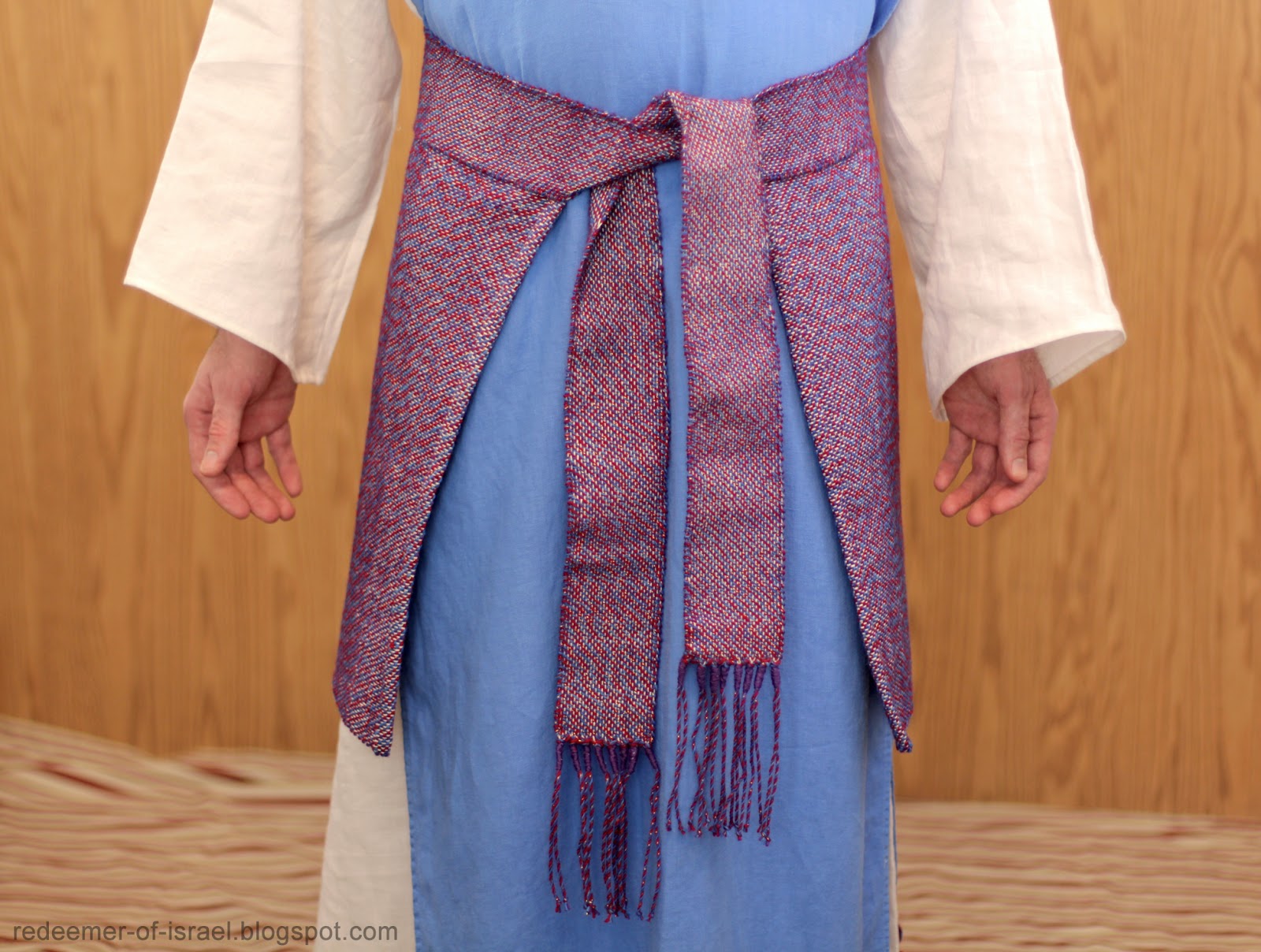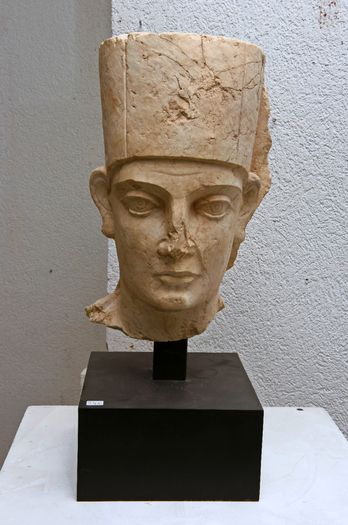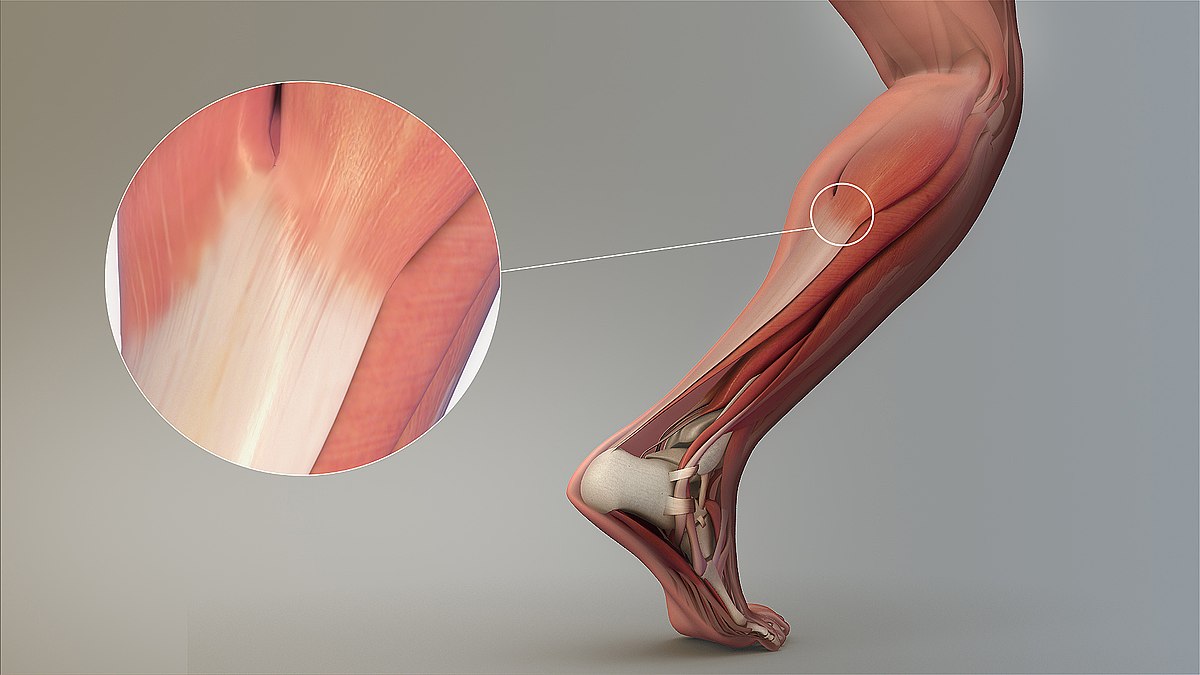Glossary
Webster’s 1828 American Dictionary can help us understand some of these meanings.
Glossary
Webster’s American Dictionary of the English Language: 1828.
AS, adverb az. [Gr. But more probably the English word is contracted from als.]
- Literally, like; even; similar. ‘Ye shall be as Gods, knowing good and evil.’ ‘As far as we can see, ‘ that is, like far, equally far. Hence it may be explained by in like manner; as do as you are commanded.
CIRCUMSCRIBE, verb transitive
- To inclose within a certain limit; to limit, bound, confine.
CHERUB, noun plural Cherubs, but the Hebrew plural cherubim is also used.
A figure composed of various creatures, as a man, an ox, an eagle or lion. The first mention of cherubs is in Genesis 3:24, where the figure is not described, but their office was, with a flaming sword, to keep or guard the way of the tree of life. The two cherubs which Moses was commanded to make at the ends of the Mercy seat, were to be of beaten work of gold; and their wings were to extend over the Mercy seat, their faces towards each other, and between them was the residence of the Deity. Exodus 15:1. The cherubs, in Ezekiels vision, had each four heads or faces, the hands of a man and wings. The four faces were, the face of a bull, that of a man, that of a lion, and that of an eagle. They had the likeness of a man. Ezekiel 4:1, and 10. In 2 Samuel 22:11, and Psalms 18:10, Jehovah is represented as riding on a cherub and flying on the wings of the wind. In the celestial hierarchy, cherubs are represented as spirits next in order to seraphs. The hieroglyphical and emblematical figures embroidered on the vails of the tabernacle are called cherubs of curious or skilful work. Exodus 26:1.
COMMISSION, noun
- The act of committing or sending to; the act of entrusting, as a charge or duty.
- The thing committed, entrusted or delivered; letters patent, or any writing from proper authority, given to a person as his warrant for exercising certain powers, or the performance of any duty, whether civil, ecclesiastical, or military.
- Charge; order; mandate; authority given.
He bore his great commission in his look.
COMMISSIONED, participle passive Furnished with a commission; empowered; authorized.
COMPASS, noun
- Stretch; reach; extent; the limit or boundary of a space, and the space included; applied to time, space, sound, etc.
Our knowledge lies within a very narrow compass
And in that compass all the world contains.
- A passing round; a circular course; a circuit.
Time is come round; and where I did begin, thee shall I end: My life has run its compass
They fetched a compass of seven days journey. 2 Kings 3:9. 2 Samuel 5:23. Acts 28:13.
- Moderate bounds; limits of truth; moderation; due limits.
In two hundred years, (I speak within compass ) no such commission had been executed.
- The extent or limit of the voice or of sound.
- compass or compasses, [or a pair of compasses, so named from its legs, but pair is superfluous or improper, and the singular number compass is the preferable name, ] an instrument for describing circles, measuring figures, etc., consisting of two pointed legs or branches, made of iron, steel or brass, joined at the top by a rivet, on which they move. There are also compasses of three legs or triangular compasses, cylindrical and spherical compasses with four branches, and various other kinds.
COUNSEL, noun [Latin , to consult; to ask, to assail.]
- Advice; opinion, or instruction, given upon request or otherwise, for directing the judgment or conduct of another; opinion given upon deliberation or consultation.
Every purpose is established by counsel Proverbs 20:5.
Thou hast not hearkened to my counsel 2 Chronicles 25:16.
COVENANT, noun [L, to come; a coming together; a meeting or agreement of minds.]
- A mutual consent or agreement of two or more persons, to do or to forbear some act or thing; a contract; stipulation. A covenant is created by deed in writing, sealed and executed; or it may be implied in the contract.
- In theology, the covenant of works, is that implied in the commands, prohibitions, and promises of God; the promise of God to man, that mans perfect obedience should entitle him to happiness. This do, and live; that do, and die.
The covenant of redemption, is the mutual agreement between the Father and Son, respecting the redemption of sinners by Christ.
The covenant of grace, is that by which God engages to bestow salvation on man, upon the condition that man shall believe in Christ and yield obedience to the terms of the gospel.
- In church affairs, a solemn agreement between the members of a church, that they will walk together according to the precepts of the gospel, in brotherly affection.
COVENANT, verb intransitive To enter into a formal agreement; to stipulate; to bind ones self by contract. A covenants with B to convey to him a certain estate. When the terms are expressed ti has for before the thing or price.
They covenanted with him for thirty pieces of silver. Matthew 26:15.
DOMINION, noun [Latin See Dominant.]
- Sovereign or supreme authority; the power of governing and controlling.
The dominion of the Most High is an everlasting dominion Daniel 4:3.
- Power to direct, control, use and dispose of at pleasure; right of possession and use without being accountable; as the private dominion of individuals.
- Territory under a government; region; country; district governed,
- Predominance; ascendant.
- An order of angels.
Whether they be thrones, or dominions, or principalities, or powers. Colossians 1:16.
- Persons governed.
Judah was his sanctuary; Israel his dominion Psalms 114:2.
EPH’OD, noun [Heb. to bind.]
In Jewish antiquity, a part of the sacerdotal habit, being a kind of girdle, which was brought from behind the neck over the two shoulders, and hanging down before, was put across the stomach, then carried round the waist and used as a girdle to the tunic. There were two sorts; one of plain linen, the other embroidered for the high priest. On the part in front were two precious stones, on which were engraved the names of the twelve tribes of Israel. Before the breast was a square piece or breastplate.
GIRD, verb transitive gurd. preterit tense and participle passive girded or girt.
- To bind by surrounding with any flexible substance, as with a twig, a cord, bandage or cloth; as, to gird the loins with sackcloth.
- To make fast by binding; to put on; usually with on; as, to gird on a harness; to gird on a sword.
- To invest; to surround.
The Son appeared, Girt with omnipotence.
- To clothe; to dress; to habit.
I girded thee about with fine linen. Ezekiel 16:10.
GIRD’LE, noun
- A band or belt; something drawn round the waist of a person, and tied or buckled; as a girdle of fine lines; a leathern girdle
GUILE, noun gile. Craft; cunning; artifice; duplicity; deceit; usually in a bad sense.
Behold an Israelite indeed, in whom is no guile John 1:47.
HE’ARKEN, verb intransitive h’arken.
- To listen; to lend the ear; to attend to what is uttered, with eagerness or curiosity.
- To attend; to regard; to give heed to what is uttered; to observe or obey.
Hearken, O Israel, to the statutes and the judgments which I teach you. Deuteronomy 4:1.
- To listen; to attend; to grant or comply with.
Hearken thou to the supplication of thy servant. l Kings 8.
LOIN, noun [Latin clumis.]
The loins are the space on each side of the vertebrae, between the lowest of the false ribs and the upper portion of the os ilium or haunch bone, or the lateral portions of the lumbar region; called also the reins.
MI’TER, noun
- A sacerdotal ornament worn on the head by bishops and certain abbots, on solemn occasions.
NUR’TURE, verb transitive
1. To feed; to nourish.
2. To educate; to bring or train up.
OR’DER, noun [Latin ordo.]
- Established mode of proceeding. The motion is not in order
- Regularity; settled mode of operation.
This fact could not occur in the order of nature; it is against the natural order of things.
- Rule; regulation; as the rules and orders of a legislative house.
- Regular government or discipline. It is necessary for society that good order should be observed. The meeting was turbulent; it was impossible to keep order
- Rank; class; division of men; as the order of nobles; the order of priests; the higher orders of society; men of the lowest order; order of knights; military orders, etc.
- A religious fraternity; as the order of Benedictines.
OR’DINANCE, noun
- A rule established by authority; a permanent rule of action. An ordinance may be a law or statute of sovereign power. In this sense it is often used in the Scriptures. Exodus 15:25. Numbers 10:8. Ezra 3:10. It may also signify a decree, edict or rescript, and the word has sometimes been applied to the statutes of Parliament, but these are usually called acts or laws. In the United States, it is never applied to the acts of Congress, or of a state legislature.
- Observance commanded.
- Appointment.
- Established rite or ceremony. Hebrews 9:1. In this sense, baptism and the Lord’s supper are denominated ordinances.
PRESI’DE, verb intransitive s as z. [Latin proesideo; proe, before, and sedeo, to sit.]
1. To be set over for the exercise of authority; to direct, control and govern, as the chief officer. A man may preside over a nation or province; or he may preside over a senate, or a meeting of citizens. The word is used chiefly in the latter sense. We say, a man presides over the senate with dignity. Hence it usually denotes temporary superintendence and government.
PRINCIPAL’ITY, noun
- Sovereignty; supreme power.
- A prince; one invested with sovereignty. Titus 3:1.
- The territory of a prince; or the country which gives title to a prince; as the principality of Wales.
RITE, noun [Latin ritus.]
The manner of performing divine or solemn service as established by law, precept or custom; formal act of religion, or other solemn duty. The rites of the Israelites were numerous and expensive; the rites of modern churches are more simple. Funeral rites are very different in different countries. The sacrament is a holy rite.
SIN’EW, noun
- In anatomy, a tendon; that which unites a muscle to a bone.
- In the plural, strength; or rather that which supplies strength. Money is the sinews of war.
- Muscle; nerve.
TOKEN, noun to’kn. [Latin signum, dialetically varied, or from the same radix.]
- A sign; something intended to represent or indicate another thing or an event. Thus the rainbow is a token of God’s covenant established with Noah. The blood of the paschal lamb, sprinkled on the doors of the Hebrews, was a token to the destroying angel of God’s will that he should pass by those houses. Genesis 9:12. Exodus 12:13.
Show me a token for good. Psalms 86:17

Compass

Directional Compass

Girdle
Photo credit redeemer-of-israel.blogspot.com

Ephod & Girdle
Photo credit redeemer-of-israel.blogspot.com

Miter

Sinew

Square
Church of JEsus Christ
About Modern Temples